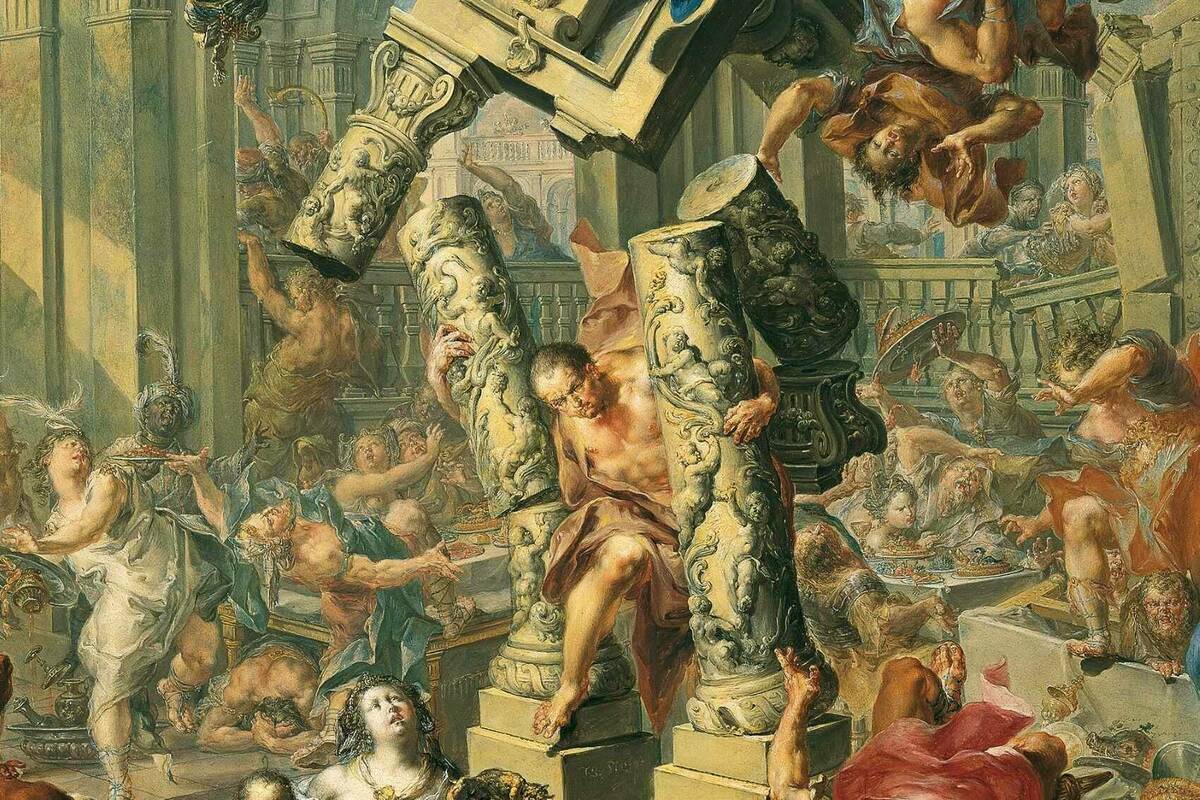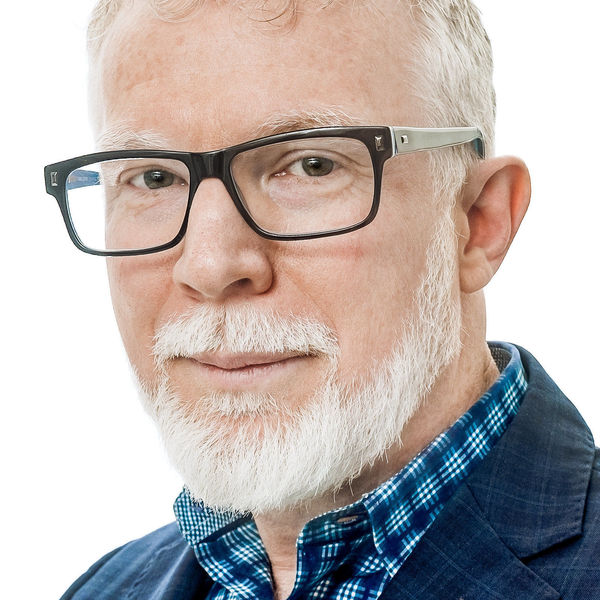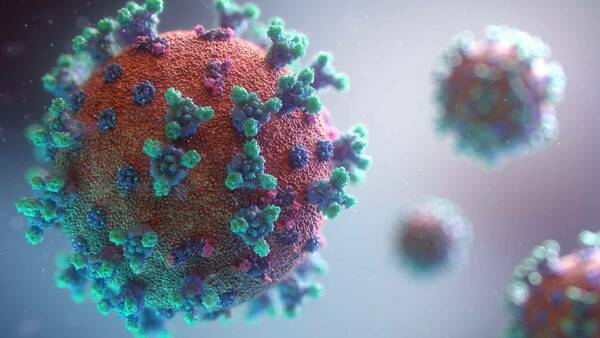The tensions within liberalism—which seem always to boil down to the “‘bodily’ mediation [of power] between the sovereignty of the State and the self-will of the individual”[1]—have once again come into relief, this time under the pressures of the COVID-19 pandemic. The question of the deployment of a mandate for the vaccine against COVID-19 is only the latest episode in this tension at the heart of liberalism. Can the State, drawing on its Sovereign powers, compel an individual to submit her body to vaccination?
Under normal conditions, the answer to this question is a resounding, “No!” In fact, the State restrains its Sovereign power, even permitting a zone of civil liberties to individuals, once it has secured the safety of the demos. However, in an emergency, the Sovereign can create a state of exception, circumscribing or even setting aside liberties; it can even kill an individual for the protection of the demos (see: Socrates).
Giorgio Agamben—always concerned with the normalization of the state of exception—has reflected on the pandemic, drawing our attention to the suspension of civil liberties: specifically state mandated masking; the closing of public spaces such as restaurants, theatres; and the suspension of services.[2]
Agamben’s question is this: must the Sovereign preserve bare life through its security measures, at the expense of freedom of individuals to pursue the good life? Agamben is concerned that modern liberal governments have elevated security over freedom as the new normal. Thus, Agamben claims, the good life, which necessitates a zone of freedom, collapses into the administration of bare life.
Michel Foucault, also concerned with the circulation of power thought he saw shifts in power unfolding through history. What had been the exercise of sovereign power in the state of exception, mutated he believed into the administrative power of the State, combined with the disciplinary power of the human sciences which then mutated to a more subtle form of biopower. Biopower, for Foucault, was the governance of population in relation to death, birth, health, and disease populations.
But vaccine mandates for COVID-19 alter the question substantially. Does COVID-19 pose a such a significant threat to the demos that the State can compel vaccines on the individual for the security of the demos? The Sovereign State in the state of exception, can secure public health, while circumscribing individual liberties. But does it have the power to require individuals to surrender their bodies. Put differently, does the State have sovereign power to make live? Are we under a threat so grave to warrant a different kind of state of exception?
Once again the usual cast of characters are on display in the “bodily mediation” of power that characterizes our interminable political debates: a Sovereign—under the guise of the State; disciplinary power—derived from the human sciences and dispersed through social mechanisms, in our day social media; and biopower—power leveled by the Sovereign on individuals for the sake the demos. In what follows, I hope to dig beneath the interminable debates about public health that always end in a political fight between State, demos, and individual, to explore why these three are locked in a power struggle. I will argue that any adjudication between bare life and the good life requires a fundamental shift in our imagination away from the imagined power of the State of Nature, and toward an alternative Christian ontological vision.
The Binds of Power
From whence come these three characters—State, demos, and individual? In order to get to a better understanding of the cast of characters, I shall have to dig a little deeper into the history of science and politics. The present is always the intersection of what the past imagines its future ought to be.
While scholars may quibble over the story I am about to tell, I choose to tell the story beginning with Francis Bacon. Bacon wanted to create the New Atlantis—Bensalem—where the frailties of human life are attenuated for the happiness of its inhabitants.[3] Such a world is created from the fruits of the scientific work—a New Organon.[4] In fact, in this vision the Christian religion would itself combine with science to establish the Kingdom, where there is no toil, sorrow, or death.
For Bacon, the old way of doing things attributed purposes to nature. He believed that in order to know the truth about nature, one would have to set aside a belief in the purposes of nature. After all, if one comes to observe reality with preconceived notions about a telos in nature, one’s observations will be biased.
How does one know if a new discovery is true? Bacon’s answer: When one can manipulate reality effectively with the knowledge; that is to say, if one can exert will over nature, one must have knowledge. One is justified in a truth-claim if one can manipulate the powers of nature with the knowledge. Let us call this the “epistemological justification” of the new work of science. The standard for theoretical knowledge is practical effect.[5]
The moral justification is also pragmatic. Bacon held that one is morally justified in deploying the efficacious work of the new science, if those facts are used to manipulate reality for the relief of the human estate. Theoretical and moral knowledge are aimed at practical effects.
For Bacon, the power of the new work of science results in power to affect the workings of nature, turning nature to human ends. Knowledge is power; power is knowledge. Knowledge is technical knowledge; technics is power. Knowledge is information that can be put to work to bring into effect the New Atlantis, the secure city of Bensalem. Thus, the knowledge gleaned from the new work of discovery should be put to work for the betterment of the human condition.
Bacon’s secretary, Thomas Hobbes, focused his attention on the security created by the new work.[6] Seeking the axioms of knowledge, which are also the axioms of power, Hobbes set out to create a geometric politics—a geometer king, so to speak. The axioms of power to bring security into effect coalesce around the Sovereign, from whom all powers flow. The social contract is a contract between individuals, who are radically free in the State of Nature, but where they are under “continual fear, and danger of violent death; and the life of man [sic!], solitary, poor, nasty, brutish, and short.”[7] Individuals cede the power to kill to the Sovereign, who in return establishes their security from brutish death.
From this story, we begin to see the outlines of our present predicament; we only need two more pieces. John Locke makes one further intervention, to fully set up the cast of characters. The Sovereign, who gets his power from individuals, cedes back to individuals some of the freedoms—civil liberties—they had in the State of nature, after establishing security. And as noted by David Hume, freedom is only hypothetical freedom, unless one has the power to bring into effect what one wills.[8] Sovereign power originates in the demos and passes to the Sovereign, who can kill or make live for the sake of security, and may cede liberty to individuals.
Bacon, Hobbes, Locke, and Hume all were captivated by the new science of nature and they were all also political theorists and operatives their entire lives. Power/knowledge are a unity. Nature just is power; knowledge is power to move nature.
Is the World Thus? Or Is It Thus That We’ve Made It?
For the most part we, in our day, cannot imagine a way out of the binds of power. We cannot get past the interminable debate about the “bodily mediation” of power between the Sovereignty of the State and the self-will of the individual. For Bacon, Hobbes, and Locke, power is part of the very fabric of nature. Power is nature; technics or technology is the means of activating that power.
One just needs to understand nature through the powers of the intellect armed with the new science in order to discover the lineaments of it. And then to harness those powers for the purposes of security of bare life in the face of threat. Finally, in the absence of threat, the Sovereign may permit the individual to enact her notion of the good life.
David Hume and Immanuel Kant shared a skeptical attitude about the ability to know the fundamental truth about the powers of nature, even if they differed on how to assess the ethical permission to act. Hume and Kant were especially instrumental in the creation of the intellectual ground for what we now call the human sciences—psychology, sociology, anthropology, economics, medicine, and pubic health. These disciplines give us the disciplinary powers—as articulated by Foucault—to know how we want to build society.
Foucault is the inheritor of the Humean (Kantian) agnosticism about the fundamental nature of power, and power of nature, ever hopeful that we can conjure some element of freedom out of the mysterious reality of power. Agamben is the inheritor of the Baconian (Hobbesean, Lockean) vision of the power regnant in the state of nature, concerned that the coalescence of Sovereign power will overwhelm the bodies of individuals rendering their lives meaningless in the pursuit of biosecurity in the face of any threat, especially the threat of COVID-19. Foucault is an epistemological skeptic, but accepts some sort of inchoate power of nature; Agamben is a metaphysician, and worries that the good life will fall into the obscurity of bare life.
Agamben says, the world is thus; Foucault says, perhaps the circulation of power will take new form as history unfolds. Neither can imagine the fundamental nature of the world as anything other than power; let’s call it a “power ontology.” Western democratic nation-states are founded on this power ontology. The structures of modern political institutions are caught inside the binds of this ontological vision.
So, now we can return to the question of bare life and the good life—locked within the binds of power—as we face COVID-19. Agamben says that the state of exception has become the new normal in liberalism, where security takes precedence over freedom. COVID-19 threatens a return to the state of nature, where fear, danger, and death abound, and where human life is solitary, poor, nasty, brutish, and short. Thus, the demos wants the Sovereign to declare a state of exception, requiring individuals to circumscribe their freedoms.
According to Agamben, in the modern State, the state of exception has become the norm for the protection of the demos, this time from the COVID-19 virus. The only hope that the individual has in the face of Sovereign power’s mandate for masks or vaccines, is the more subtle deployment of power by the individual, who says “I would prefer not to.” Foucault’s hope is rather impotent. He might imagine that there can be other configurations of social organization not yet imagined, where other forms of freedom might emerge.
Agamben and Foucault are both confined within a world where the circulation of power is the state of nature. Each is confined to a world of war of each against each, of all against all, of power against power, where threat prompts the human desire for security. Is the world thus, or is it thus that we have imagined it?
Is an Alternative Imaginary Possible?
There have been a recent spate of essays and statements among Christian thinkers on whether the state can or ought to mandate the vaccine or whether an individual, by appeal to conscience, has power against the power of the state. There have also been statements put out by the Catholic Medical Association and the National Catholic Bioethics Center, as well as pastoral letters from local groups of bishops that uphold the rights of conscience against state mandated vaccines.
Each statement sets up the problem as the rights of individuals to have the power to refuse vaccines in the face of state coercion. It seems to me that these essays and statements all accept the fundamental power ontology as it is imagined by Agamben, Foucault, and the entire history of early modern political philosophy and the modern political institutions that it created, which now shape the late modern imaginary. It seems to me that some sectors of Catholic, Orthodox, and Protestant expressions of Christianity have forgotten what former Christians had believed about fundamental reality.
What if instead of a power-laden world the regnant imaginary understood all of reality as bound together in harmonious relations? What if, rather than nature being at base power, we believed that harmonious resonance amongst creatures? What if instead of impersonal power of a reality that throws beings up to survive in a war of all against all, or each against each, we imagine a world of affection and attraction, of desire for completion and fullness, and of desire for the good of the other? What if the fundamental reality is love rather than power?
In fact, all is not lost. Many Christian leaders have made statement about Vaccines, not as mandates from State power or as individual power against state mandates. Rather, they have called for actions emerging out of this ontology of love. Pope Francis says that getting vaccinated in “an act of love,” “a simple yet profound way to care for one another, especially the most vulnerable.”[9] The Ecumenical Patriarch Bartholomew even called those that refuse to take all precautionary measures as suffering from the failure to love, calling it “a necrosis of love.”[10] Metropolitan Hilarion of the Russian Orthodox Church—a church that sometimes gets entangled with state power—said that all Christians who can be vaccinated ought to do so, “if not for their own good, then for the good of others.”[11]
These statements seem to emerge from a different ontology than the ontology of State power pitted against the self-willed rule of individuals. Christians have always argued against a power ontology and for an ontology of love. The Western world seems to have acquiesced to a power ontology, and has resulted in the powerful political institutions that set up power relations that always seem to result in the bodily mediation of power between the Sovereign state and the self will of the individual.
Christian voices say the world is not thus, but thus we have made the world. Yet, as Christians, we too often have failed to enact an ontology of love during this pandemic.
[1] John Milbank, Theology and Social Theory: Beyond Secular Reason, 2nd ed. (London: Wiley Blackwell, 2006), 103.
[2] Giorgio Agamben, “The invention of an epidemic”, in Quodlibet, February 26, 2020; see also, Agamben, “Medicine as a religion”, in Quodlibet, May 2, 2020; see also Agamben, “Infection” in Quodlibet, March 11, 2020; see also “Clarification”, in Quodlibet, March 18, 2020.
[3] Francis Bacon, “New Atlantis”, in New Atlantis and The Great Instauration (Oxford: Wiley Blackwell, 2017).
[4] Francis Bacon, The New Organon (Cambridge: CUP, 2000).
[5] Bacon, New Organon, 12-20.
[6] Thomas Hobbes, Leviathan (Cambridge: CUP, 1991).
[7] Thomas Hobbes, Leviathan, i, xiii, 9.
[8] David Hume, An Enquiry concerning Human Understanding, edited by Stephen Buckle, Cambridge: Cambridge University Press, 1999, 8.23.
[9] Devin Watkins, “Pope Francis Urges People to get vaccinated against Covid-19”. Vatican News, August 18 2021.
[10] Patricia Claus, “Ecumenical Patriarch Bartholomew Encourages Faithful to be Vaccinated,” Greek Reporter, January 21, 2021. https://greekreporter.com/2021/01/12/ecumenical-patriarch-bartholomew-encourages-faithful-to-be-vaccinated/. Accessed 12/12/2021.
[11] Jeanne Leblay, “Russian Orthodox leader says refusing vaccine is a sin”, La Croix International, July 13, 2021. https://international.la-croix.com/news/religion/russian-orthodox-leader-says-refusing-vaccine-is-a-sin/14631. Accessed 12/12/202


